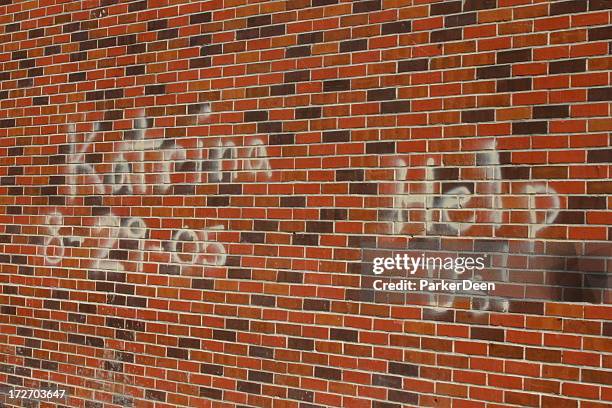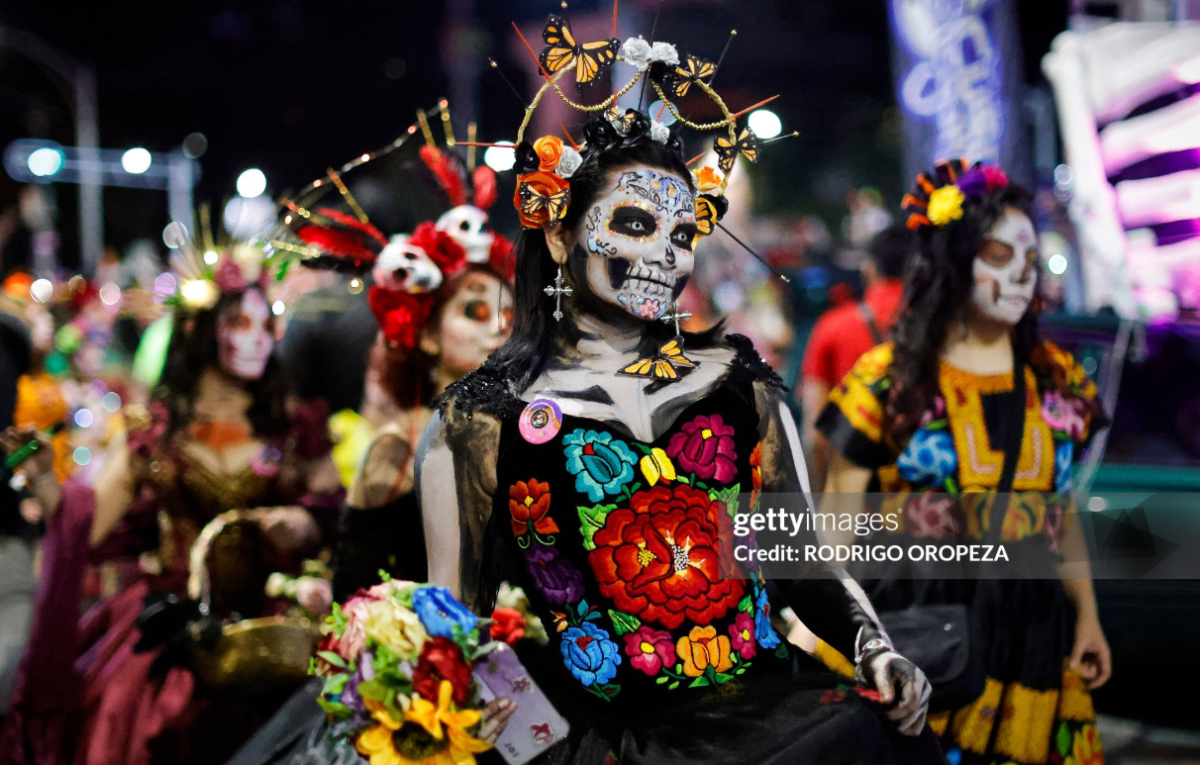When Hurricane Katrina struck southeast Louisiana twenty years ago on August 29, 2005, it was more than a natural disaster. It became a test of America’s ability to protect its citizens. As the storm devastated New Orleans, it exposed deep failures tied to race, poverty, and government preparedness. For many, survival itself became a race against time
Several documentaries and series are being released to commemorate the twentieth anniversary of the disaster. Hurricane Katrina: Race Against Time, a five-part series on Hulu, highlights how media coverage dehumanized Black survivors. News outlets often described African Americans in New Orleans as “looters,” while white survivors engaging in the same struggle for food and water were said to be “finding supplies.” One survivor remarked, “The way they depicted Black folks… It’s like they didn’t see us as regular people, law-abiding, churchgoing, hard-working people.” This narrative was reinforced by authorities treating the Superdome, crowded mostly with Black evacuees, as if it were a war zone rather than a humanitarian shelter.
The docuseries also examines systemic failures by local, state, and federal agencies. It argues that the slow, uneven government response was not just incompetence but rooted in long-standing racial inequities. Surveys conducted after the storm found that 66% believed the response would have been faster if the victims had been white and wealthier. Many pointed out that FEMA aid, including trailers, was distributed more generously to white neighborhoods than to predominantly Black communities such as the Lower Ninth Ward.
Ultimately, the series explores the long-term consequences of these inequities. The Black middle class of New Orleans never fully recovered as displacement and gentrification reshaped the city. Wealthy newcomers moved in, rents soared, and many long-time residents of color were politically and economically marginalized. Katrina’s devastation accelerated racial and economic divides that had already been growing for decades.
Hurricane Katrina: Race Against Time does more than document a natural disaster; it exposes the roots of systemic neglect, race-based media distortion, and institutional failure.


















